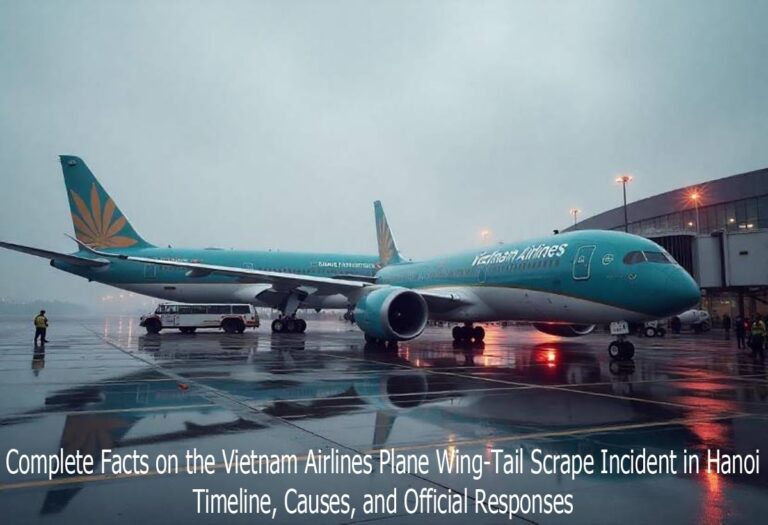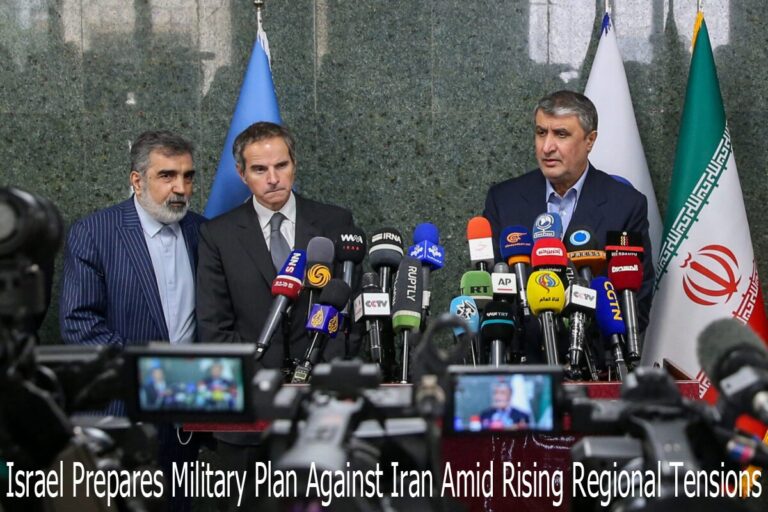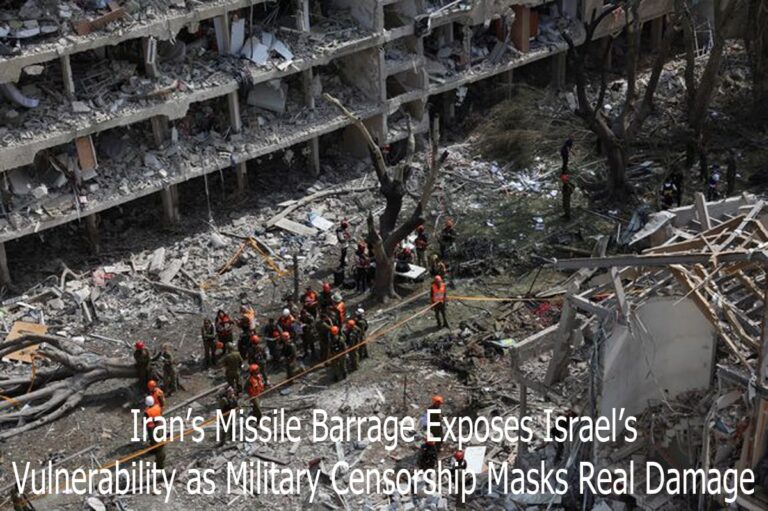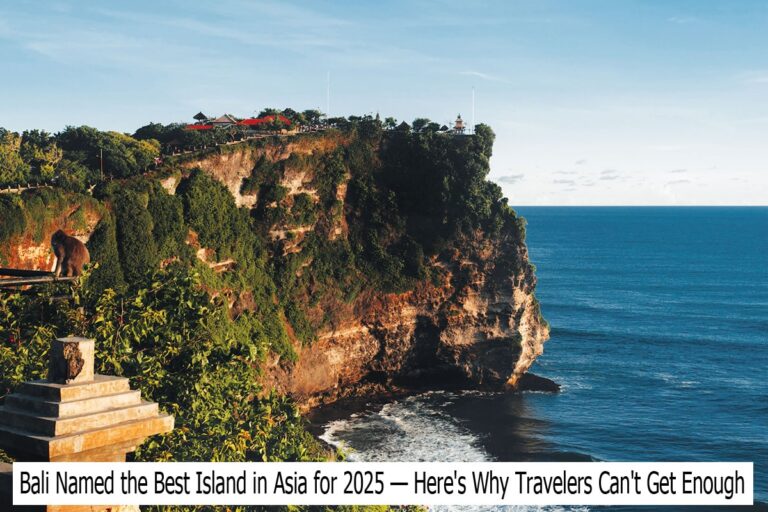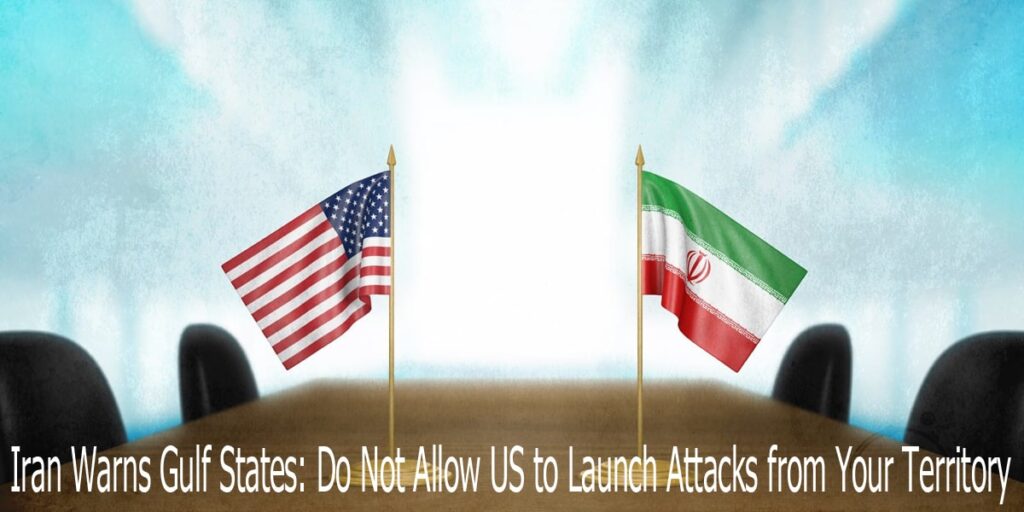
Iran Warns Gulf States
Tensions in the Middle East are rising once again after Iran issued a stern warning to Gulf states not to allow their territories to be used by the United States (US) to launch military attacks against Iran. Tehran declared that any country serving as a launchpad for US strikes would be considered a “legitimate target” in the conflict.
According to regional media reports, the message was conveyed diplomatically via Qatar to Saudi Arabia, the United Arab Emirates (UAE), Bahrain, and other Gulf nations. The warning comes amid intensifying military rhetoric from the US and Israel, both of whom accuse Iran of advancing its nuclear capabilities for military purposes.
Direct Threats to US Bases in the Gulf
Iran explicitly stated that all US military bases in the Persian Gulf region—including Al Udeid Air Base in Qatar, the US Navy’s Fifth Fleet headquarters in Bahrain, and Camp Arifjan in Kuwait—are within its missile range. Iran has threatened something like this before. In 2020, Iran launched ballistic missiles at the Ain al-Assad Air Base in Iraq in retaliation for the assassination of General Qassem Soleimani by US forces.
“Any territory that enables an enemy to launch an attack will be treated as part of the battlefield,” said a senior Iranian official, as reported by regional outlets.
This declaration underscores Iran’s firm stance that Gulf states, although not direct parties to the conflict, must not serve as military facilitators for foreign powers.
Background of the Tensions: Israel vs Iran
As Iran and Israel continue to clash, the situation gets worse. In recent days, Israeli airstrikes have reportedly targeted Iranian military and nuclear facilities, including hospitals and industrial complexes. Iran responded by launching hundreds of rockets into Israeli territory.
Iran’s Supreme Leader, Ayatollah Ali Khamenei, warned that pressure and threats would only strengthen the Iranian nation’s resolve. “Those who try to intimidate Iran must be ready to bear the consequences. The language of threats does not work with this nation,” he stated during a national address.
Gulf States in a Strategic Dilemma
So far, Gulf states have not issued any official responses to Iran’s warning. However, analysts suggest that countries such as the UAE, Qatar, and Saudi Arabia are striving to maintain a neutral position and avoid becoming directly involved in the conflict.
Reports also indicate that the Gulf Cooperation Council (GCC) is encouraging dialogue and de-escalation to preserve regional stability. Their main concern is that an expanded conflict could threaten energy supplies and internal security.
International Concerns Over Escalation
In Washington, several senior White House advisers have reportedly cautioned President Donald Trump that military action against Iran could trigger a large-scale regional war. Despite Trump’s prior statements that he is prepared to take action against Iran’s nuclear program, internal discussions about the geopolitical risks of further escalation continue.
Meanwhile, the international community—including the United Nations and the European Union—continues to urge diplomatic solutions. Global leaders are calling on all parties to exercise restraint, warning that unchecked escalation could destabilize the entire region.
Conclusion
The geopolitical environment is already unstable, and Iran’s warning to Gulf countries adds another layer of complexity. On one hand, Iran is asserting its sovereignty against external threats. On the other hand, the heavy US military presence in Gulf countries places those nations in a highly vulnerable position. The Gulf states now face a significant dilemma: maintain strategic alliances with the US while avoiding becoming direct targets in the expanding Iran–US or Iran–Israel conflict.
